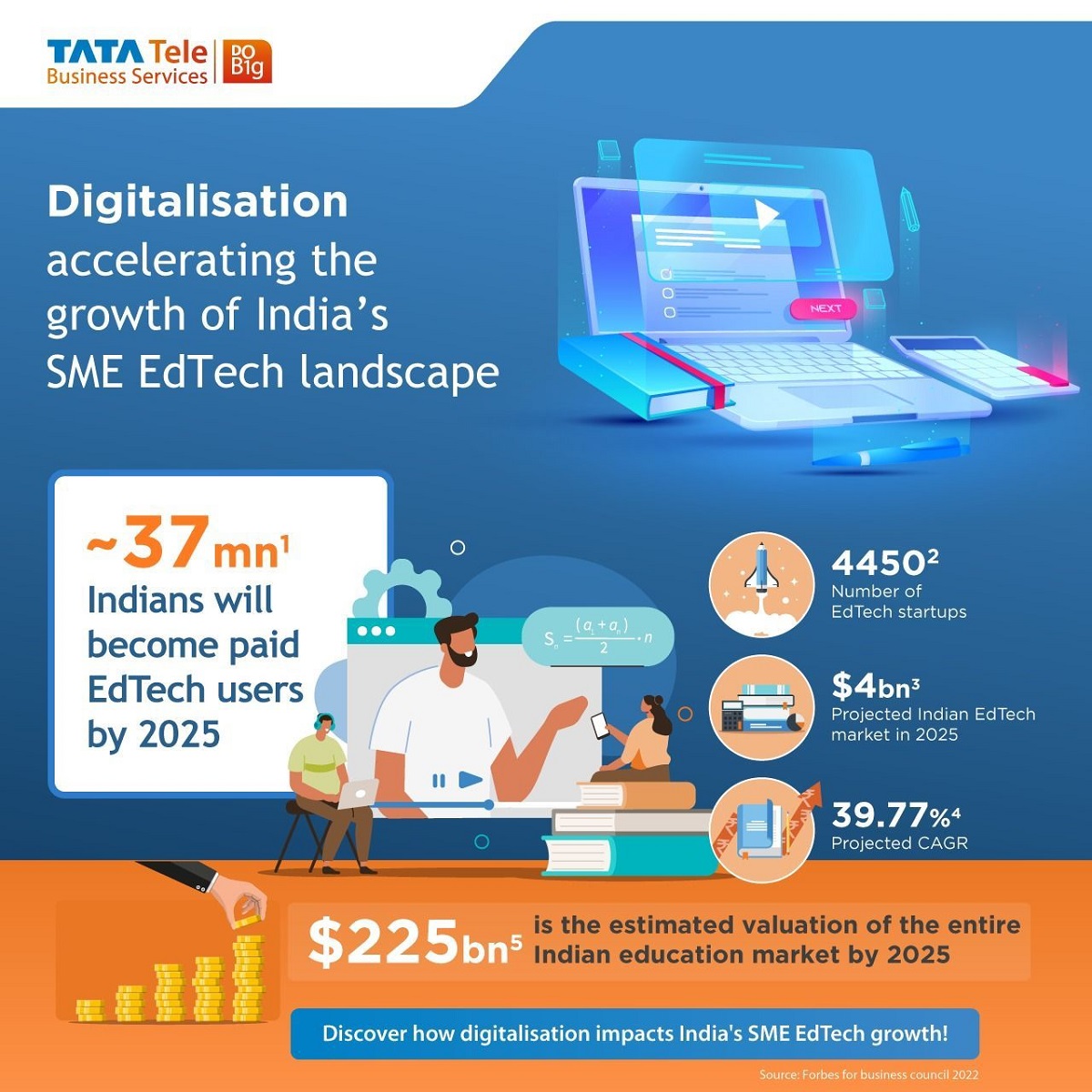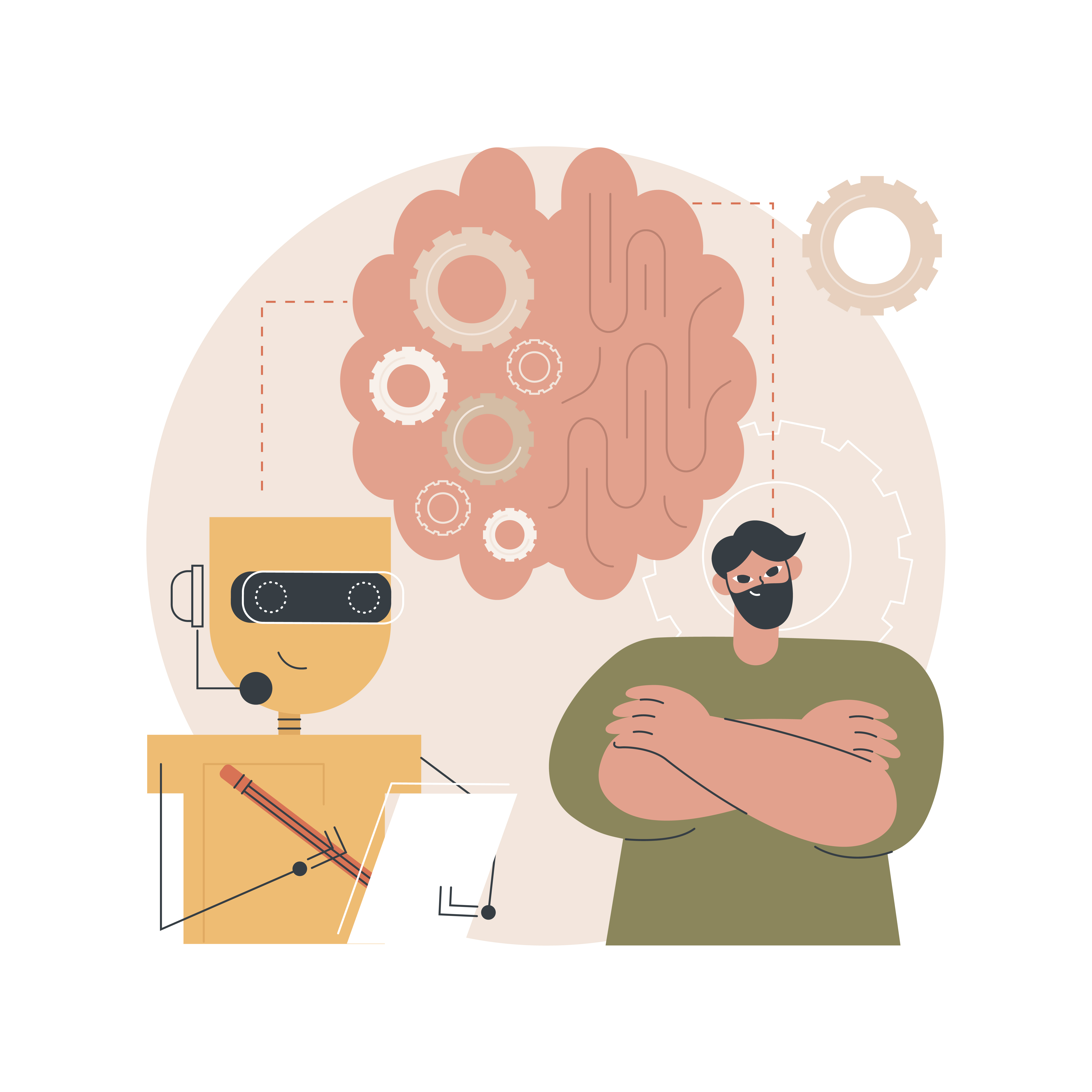Role if IT services in Edtech Industries has accelerated tremendous growth in this sector. People has whole heartedly accepted IT service for adoption and supported which made it successfull.
The role of IT services in the Edtech industry is crucial for driving innovation, improving educational experiences, and facilitating the effective use of technology in education. Information Technology (IT) services encompass a wide range of technologies, applications, and solutions that enhance teaching, learning, and administrative processes in the education sector. Here are some key roles of IT services in the Edtech industry:
1. Digital Learning Platforms: IT services play a central role in creating and maintaining digital learning platforms. These platforms provide a virtual space where students can access educational content, interactive lessons, multimedia materials, and collaborate with peers and instructors. IT services ensure the smooth functioning of these platforms, including server management, security, and continuous updates to improve user experience.
2. Online Learning Tools: Edtech relies heavily on various online learning tools and software applications. IT services develop, implement, and maintain these tools, which can include educational apps, learning management systems (LMS), content authoring tools, virtual simulations, and assessment platforms.
3. Data Management and Analytics: IT services in Edtech manage large volumes of data generated through student interactions, performance assessments, and usage patterns. By leveraging data analytics and machine learning, insights can be gained to identify learning trends, assess student progress, and optimize teaching methods for better outcomes.
4. Personalized Learning: IT services enable the implementation of personalized learning experiences for students. Through adaptive learning algorithms, students can receive customized content and exercises based on their strengths, weaknesses, and learning preferences.
5. Online Assessments and Grading: IT services facilitate the transition from traditional paper-based assessments to online exams and automated grading systems. This not only reduces administrative burden but also provides faster feedback to students.
6. Communication and Collaboration: IT services ensure effective communication and collaboration between students, teachers, and administrators. This includes email services, video conferencing tools, discussion forums, and other collaborative platforms that foster interaction and engagement in the virtual classroom.
 7. Virtual Reality (VR) and Augmented Reality (AR): IT services explore the potential of VR and AR technologies to create immersive educational experiences. These technologies can transport students to historical events, virtual labs, or simulate real-world scenarios to enhance learning engagement.
7. Virtual Reality (VR) and Augmented Reality (AR): IT services explore the potential of VR and AR technologies to create immersive educational experiences. These technologies can transport students to historical events, virtual labs, or simulate real-world scenarios to enhance learning engagement.
8. Cloud Services: IT services leverage cloud computing to store and access educational resources, making it easier for students and educators to access content from any location and device. Cloud-based solutions also facilitate seamless collaboration and data sharing.
9. Cybersecurity: With the increased reliance on digital platforms, IT services play a critical role in securing sensitive educational data, preventing data breaches, and protecting against cyber threats.
10. Professional Development: IT services support educators by providing training and resources to enhance their digital literacy and proficiency in using educational technologies effectively.
In summary, IT services are fundamental in shaping the Edtech industry by providing the infrastructure, tools, and expertise needed to create innovative and engaging educational experiences that benefit both students and educators. These services continually evolve to keep pace with advancements in technology and the changing needs of the education sector.








0 Comments